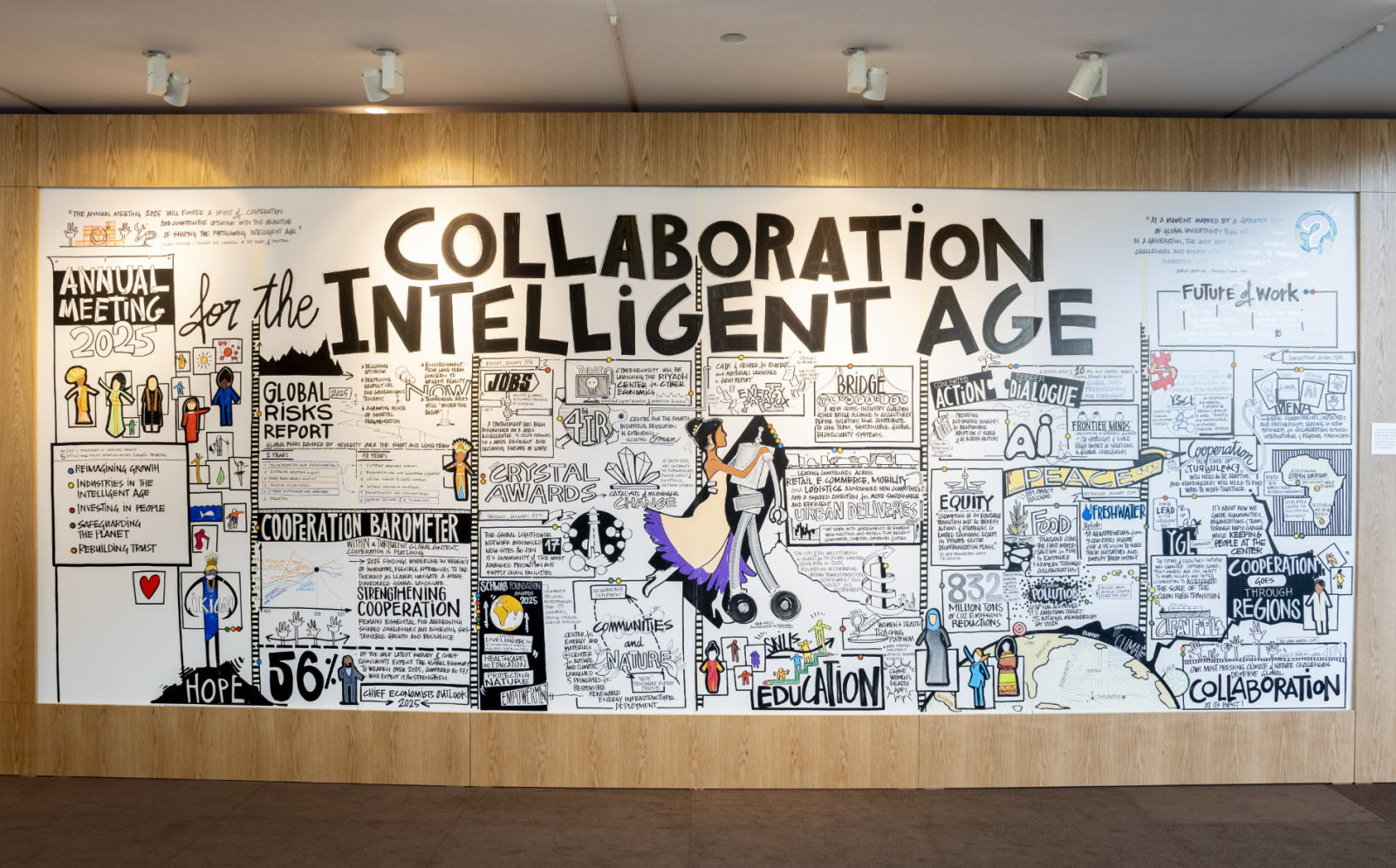
These initiatives, announced in Davos, signal a growing shift toward actionable solutions that address some of the world's most pressing issues. Below, we explore three of the most surprising yet significant projects that emerged from this year's summit.
1. Protecting Earth's Largest Tropical Forest Reserve
In a landmark announcement, the Democratic Republic of Congo (DRC) unveiled the Kivu-Kinshasa Green Corridor, an ambitious project to create the world's largest protected tropical community reserve. Covering an area the size of France, this initiative aims to safeguard one of the planet's most vital ecological regions—the Congo Basin rainforest.
Why It Matters
- Biodiversity Hotspot: Home to over 10,000 species of birds—many found nowhere else—this region plays a crucial role in global biodiversity.
- Carbon Storage Powerhouse: The reserve sequesters approximately 1.5 billion tons of CO₂ annually and contains a peat swamp that stores 29 billion tons of carbon—the equivalent of three years' worth of global greenhouse gas emissions.
- Livelihoods at Stake: The forest directly sustains 60 million people, providing food, shelter, and economic opportunities.
Despite its importance, the Congo Basin faces growing threats from illegal logging, monocrop plantations, industrial meat farming, and climate change. To counter these challenges, the DRC government is developing an economic model based on sustainable development, drawing inspiration from the Virunga Alliance, a conservation and clean energy initiative that has already created 21,000 jobs in the region.
With enabling legislation already in place, the DRC is now seeking global partners to support investments in renewable energy, sustainable agriculture, logistics, and high-quality carbon credit markets. The ultimate goal is to establish a conservation-driven economy that both preserves the rainforest and enhances economic opportunities for local communities.
2. Securing the Supply of Critical Minerals for the Green Energy Transition
As nations push toward net-zero emissions, demand for critical minerals—such as cobalt, lithium, nickel, and rare earth elements—has skyrocketed. These minerals are essential for clean energy technologies, particularly batteries for electric vehicles (EVs), wind turbines, and solar panels.
However, the global supply chain is struggling to keep pace. Experts predict that to meet climate targets by 2050, demand for these materials must triple, requiring the opening of at least 300 new mines within the next decade.
Recognizing this urgent challenge, the WEF merged two key initiatives at Davos:
- The Future of Minerals Forum
- Securing Minerals for the Energy Transition (SMET) Initiative
This new collaboration aims not only to increase production capacity but also to ensure ethical and sustainable mining practices. Addressing concerns over environmental degradation, labor rights, and geopolitical tensions, the initiative seeks to build resilient supply chains that balance economic growth with social and environmental responsibility.
Key focus areas include:
- Developing circular economies by recycling and repurposing minerals.
- Enhancing transparency in mineral sourcing to reduce dependency on politically unstable regions.
- Investing in sustainable mining technologies to minimize environmental impact.
As the world transitions to renewable energy, ensuring a steady and responsible supply of these minerals will be a defining challenge of the next decade.
3. Preparing for the Future of Work: The Reskilling Revolution
The rapid rise of automation, artificial intelligence (AI), and digital technologies is transforming the global job market. Many traditional roles are disappearing, while entirely new professions are emerging. Without proactive policies, millions of workers could be left behind.
To address this, the Reskilling Revolution—first launched at Davos five years ago—announced a major expansion this year. This initiative, which now operates in 40 countries, focuses on reskilling and upskilling workers to meet the demands of frontier technologies.
What the Reskilling Revolution Aims to Achieve
- Support 1 billion individuals by 2030, equipping them with skills to thrive in new industries.
- Enhance gender parity by ensuring equal access to training programs.
- Promote digital literacy to close the skills gap in sectors like AI, cybersecurity, and robotics.
A Key Initiative: Indonesia's Workforce Accelerator
At Davos, the WEF announced a new workforce accelerator program for Indonesia, a country with one of the world's largest labor markets but significant gaps in digital skills. This program will focus on five key areas:
- Education
- Gender Equality
- Job Creation
- Emerging Markets
- Future Skills Training
Indonesia's fast-growing economy requires an agile workforce that can adapt to new industries, particularly in green technology and digital services. By aligning education and training systems with market demands, the accelerator aims to reduce unemployment and enhance productivity across the nation.
What These Projects Signal About Davos 2025
While Davos is often associated with elite networking and high-level economic discussions, these initiatives reflect a growing emphasis on tangible impact. Instead of just debating solutions, global leaders are implementing real-world projects to address climate change, resource security, and employment challenges.
Why These Initiatives Stand Out
✅ They Address Systemic Challenges – Each project tackles fundamental issues affecting billions of people, from environmental protection to sustainable resource management.
✅ They Promote Economic and Social Equity – The initiatives emphasize sustainable growth that benefits both local communities and global markets.
✅ They Require Global Collaboration – Governments, businesses, and civil society must work together to make these efforts successful.
While these projects won't solve the world's challenges overnight, they demonstrate a shift from rhetoric to action—offering a glimpse of constructive optimism in the face of complex global problems.